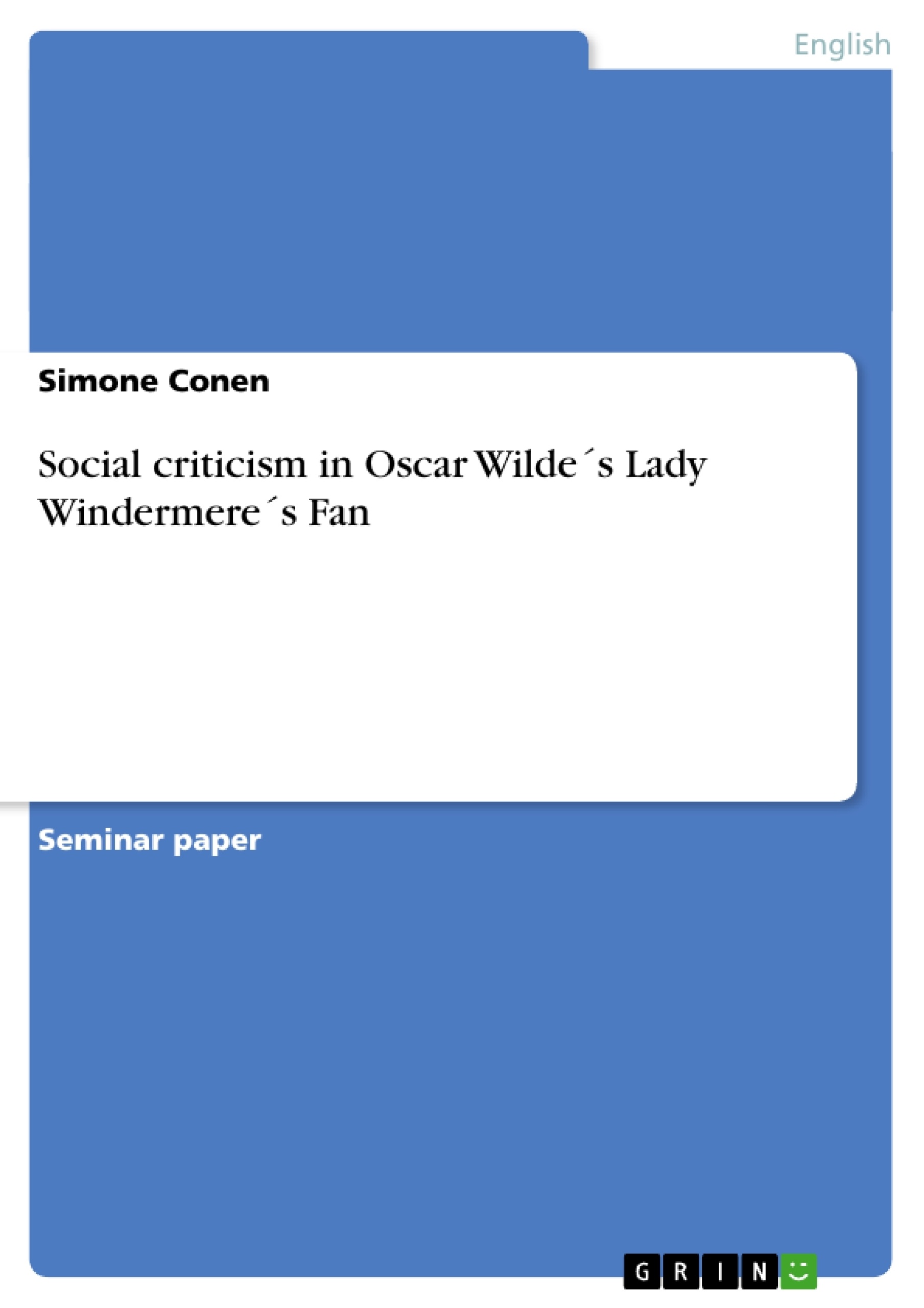Victorian England was puritan and it stressed self-discipline, patriotism, family,
sexual morality, work and capitalism. There was a predominant inequality in the
treatment of the genders; women were discriminated against in many fields of social
life.
Especially women of the upper and middle classes were not expected to be in
employment but to marry and to rear the children. They had an extremely restricted
choice of occupation as many professions refused entry to them, for example
becoming doctors or bankers represented an impossibility. According to Professor
George Peter Landow1, the range of female occupation facilities generally did not go
beyond domestic servant, dressmaker and milliner, factory worker, governess or
teacher, member of religious order, nurse, writer or prostitute. Usually, female labour
consisted only of running the household and offering a pleasant family home to their
husbands.
Since they did not earn any money with the work as domestic servants who fulfil
their duties as housewives and mothers, women were eager to get married and
depended on their authoritarian husbands. Girls were brought up to ignore their
sexual feelings and to obey their spouse as the head of the family. The whole
education of young ladies focused on future marriage and the efforts of the season
were to achieve this particular aim. Normally, the parents found the suitable partner
for their child and they intervened in case of an undesirable liaison. In other terms,
they made the decisions for their daughters. They thought mainly in commercial
terms; the social status or the institution ´marriage´ itself seemed far more important
than the husband-to-be as a person. Society marriage could be seen as a mere
mercenary affair: “People did not marry for love so much as for the conveniences of
the families concerned; all marriages were in this sense “arranged”.” 2 [...]
1 George Peter Landow, Occupation and employment, Brown University, online,
available:http://Landow.stg.brown.edu/Victorian/gender/political.html, 20 August 2000.
2 Christopher Lasch, Divorce and the Family in America, November 1966, online,
available:http://www.theatlantic.com/politics/family/divorce.htm, 15 August 2000.
Inhaltsverzeichnis (Table of Contents)
- A. Social inequalities in the Victorian Age
- B. How is Wilde's attitude shown in his play "Lady Windermere's Fan"?
- I. Mrs. Erlynne - a fallen woman with a past
- II. Lady Windermere - a young Puritan
- III. Lord Darlington - the dandy
- IV. Other characters
- a) Lord Windermere - a typical Victorian husband
- b) The Duchess of Berwick - the aristocracy
- c) Lady Agatha - a stereotyped daughter
- C. The rebel Oscar Wilde and an outcast on other Wildean society plays
Zielsetzung und Themenschwerpunkte (Objectives and Key Themes)
The objective of this paper is to analyze the social criticism present in Oscar Wilde's play "Lady Windermere's Fan." It will examine how Wilde's attitude towards Victorian society is reflected in the characters and plot of the play.
- Social inequalities in Victorian England
- The portrayal of "fallen women" and their treatment in society
- The hypocrisy of Victorian moral standards
- The role of marriage and social status in Victorian society
- Wilde's critique of societal conventions and double standards
Zusammenfassung der Kapitel (Chapter Summaries)
The first section explores the social inequalities that prevailed in Victorian England. It highlights the strict social hierarchy, the double standards applied to men and women, and the limited opportunities available to women in various fields. It further delves into the Victorian emphasis on self-discipline, patriotism, family, and sexual morality.
The second section focuses on the play "Lady Windermere's Fan" and how Wilde's attitude is manifested through the characters. It analyzes the portrayal of Mrs. Erlynne as a "fallen woman" and her struggle for acceptance in society. It also examines the character of Lady Windermere, a young Puritan, and her contrasting views on morality and societal expectations.
The third section examines the character of Lord Darlington, a dandy, and his role in the play. It further delves into other characters such as Lord Windermere, The Duchess of Berwick, and Lady Agatha, and how they represent different aspects of Victorian society.
Schlüsselwörter (Keywords)
The main keywords and focus topics of this work include Victorian social inequalities, "fallen women", double standards, hypocrisy, marriage, social status, Oscar Wilde, "Lady Windermere's Fan," and societal conventions.
- Quote paper
- Simone Conen (Author), 2000, Social criticism in Oscar Wilde´s Lady Windermere´s Fan, Munich, GRIN Verlag, https://www.grin.com/document/17672



